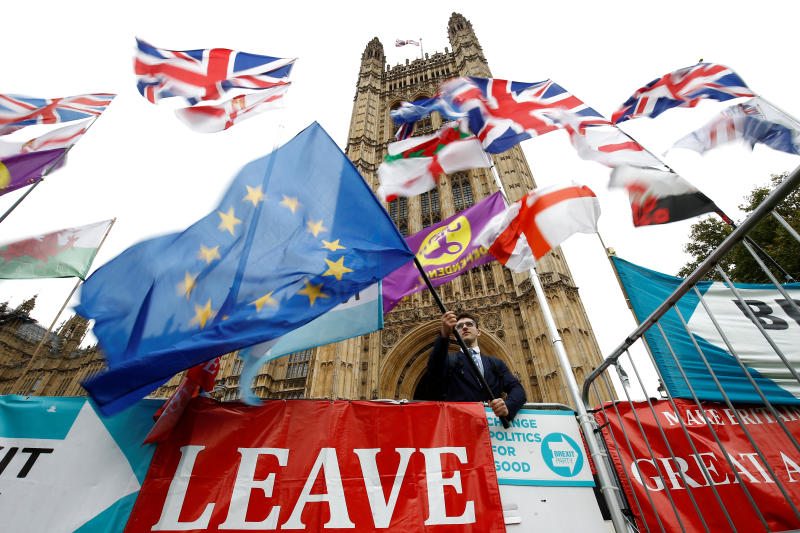×
The Standard e-Paper
Home To Bold Columnists

The former head of the UK government’s Border Delivery Group has said the no-deal plan for the Northern Ireland border is unsustainable for more than a matter of months. BBC News’ John Campbell looks at the plan.
What’s the problem?